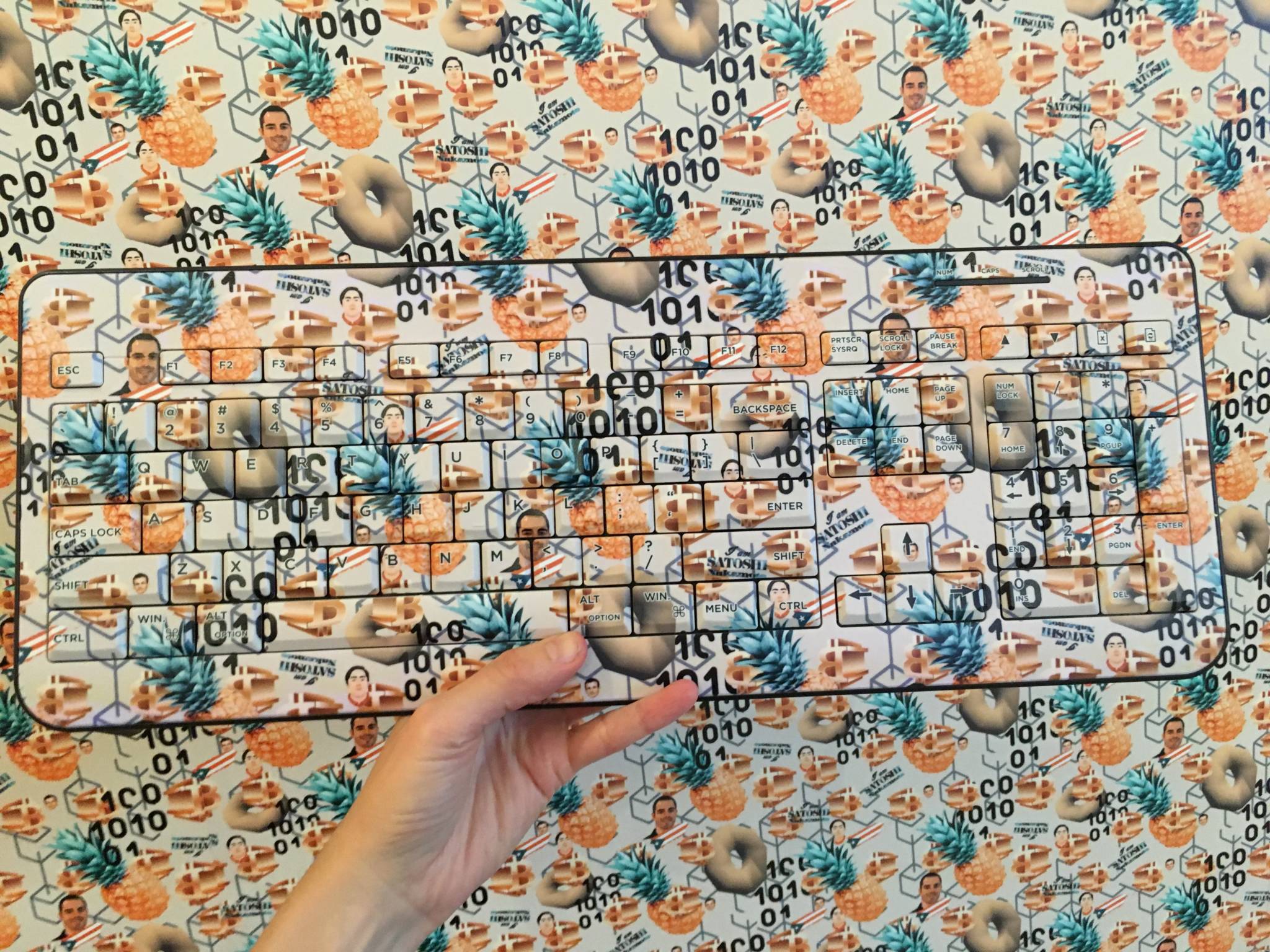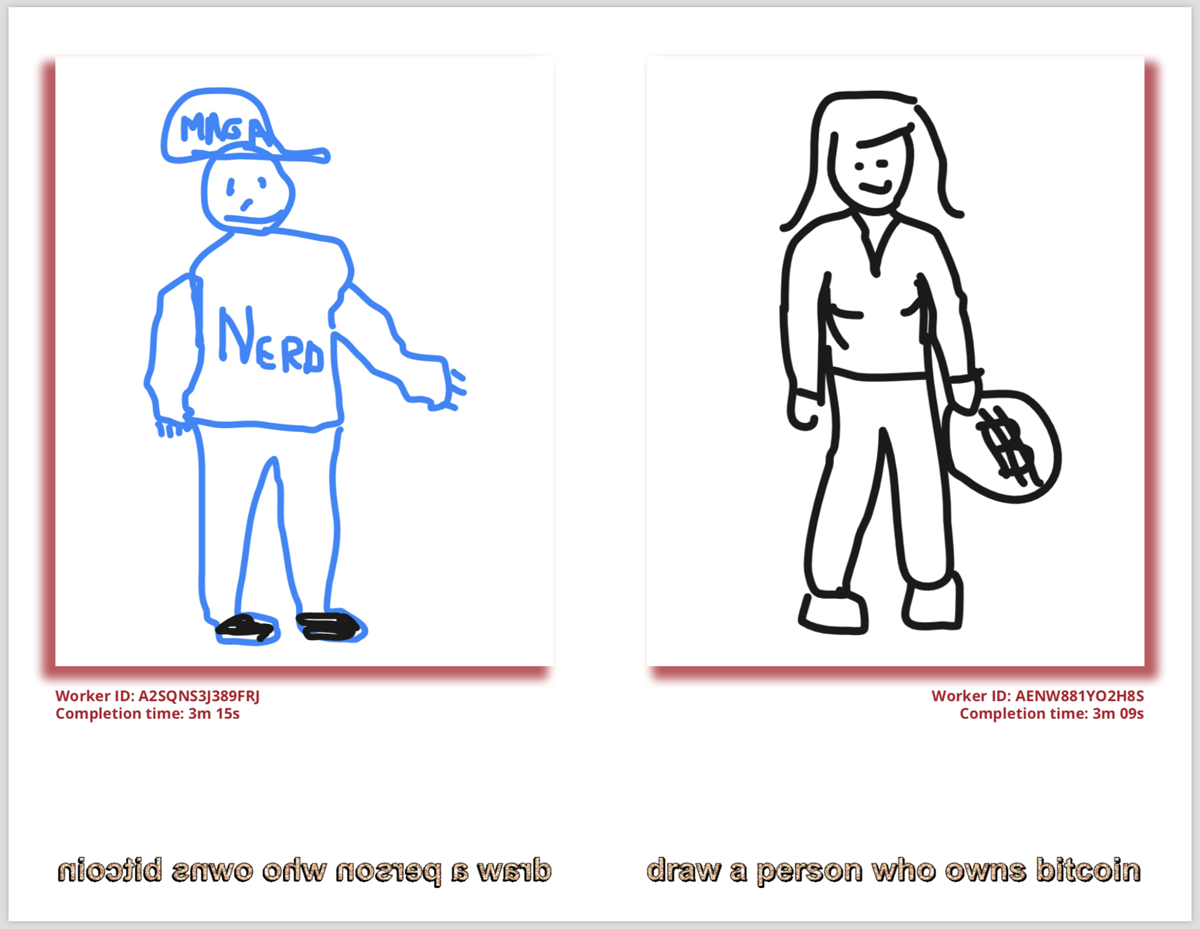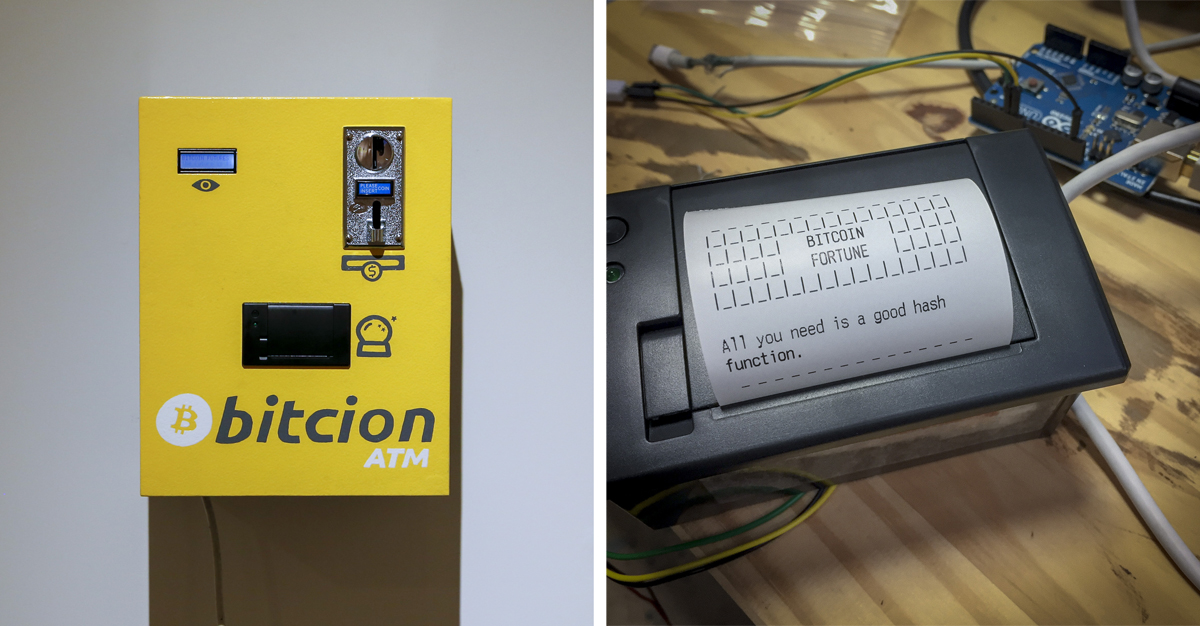Last February, the New York Times reported a cadre of crypto high rollers had left the continental United States for Puerto Rico to start a crypto-utopia—that is, a settlement where their money, air- and yacht-ports all run on the blockchain. The founder, Brock Pierce, saw an opportunity in the unincorporated organized territory, whose physical infrastructure was destroyed during Hurricane Maria, and proposed that they could use blockchain technology to repair the damage.
More importantly, U.S. citizens who move to Puerto Rico don’t have to pay federal taxes on income sourced there, and they pay zero in capital gains. Pierce, a former child star who made a fortune off Bitcoin, wanted to name his utopia “Puertopia.” When informed that this translates to “eternal boy playground” in Latin, he changed the name to “Sol.” And so, impervious to logistics and planning, these men have descended upon the hotels and Children’s Museum of Old San Juan to “rebuild” a region still reeling from environmental and economic distress.
It’s hard to get excited about a nascent technology whose strongest proponents seem completely divorced from reality. At San Francisco’s Telematic Gallery, the exhibition Eternal Boy Playground, created by the artist collective Anxious To Make (Liat Berdugo and Emily Martinez), captures the maddening frustration among those of us who haven’t bought into crypto-mania.

The exhibit opens with the video, The Insufferable Whiteness of Being, on the tensions between Bitcoin true believers and those who argue that the utopia project is nothing more than disaster capitalism. Text culled from YouTube videos and Twitter conversations either with or about Brock Pierce display against backdrops that include paintings of Spanish colonizers, the interior of a mansion in Puerto Rico and storm-demolished roads.
From the pile-up of dialogue, desperation emerges on both sides. Arguments fail for lack of knowledge, or because of the emotional exhaustion that accompanies fighting in online comment sections. Consider this bot-like exchange: “A billionaire is someone who has positively impacted a billion lives.” “A billionaire is someone who has stolen from billions of people.”
What I find troubling about these ardent crypto fans is their insistence that everyone outside of it can’t possibly know what they’re talking about. Their paranoia toward the institutions that enabled their financial gain in the first place routinely show through: “Cash and the US dollar is a tool of Fascism. If you had a clue about the future of money, you’d understand.”

Across from the video projection, a towel drapes across a beach chair bearing a screen-printed still from The Insufferable Whiteness of Being. “Yeah, they colonizers,” it reads. The chair sits in front of a wall decked out in what the artists call a “crypto-tropical” or “crypto-camouflage” pattern.
The design is an assortment of crypto-references: a Where’s Waldo-like who’s-who of mega-investors and crypto-billionaires, pineapples, 1s and 0s, the Puerto Rican flag, low-res clipart images of the Bitcoin logo, and the name “Satoshi” (a nod to Satoshi Nakamoto, the elusive, unknown founder of Bitcoin). The scene gets at the crypto bros’ bubble, but Anxious To Make’s work really shines, and is funnier, when they’re more substantively critical.
In Seeing Blocks and Crypto Bros, Anxious to Make sources drawings from Mechanical Turk (MTurk), Amazon’s crowdsourcing marketplace, to convey a layperson’s understanding of cryptocurrency. The workers were paid in U.S. dollars, and gallery proceeds from the books’ sale support MTurk worker-run forums.

The artists gave MTurk participants prompts of “draw how crypto works,” “draw the blockchain,” and “draw a person who owns Bitcoin.” Beneath each drawing is the worker’s ID number and the amount of time it took them to complete the drawing. While I often find MTurk-based art to be one-note or exploitive—“Look at what the robot people did!”—this is a thoughtful application of the technology.
The drawings are fascinating in their varying levels of detail, sloppiness, humor and confusion: many conflate Bitcoin (the currency) with blockchain (the technology that underlies it).
In the corner of the gallery, artificial turf leads to a replica Bitcoin ATM flanked by gold spray-painted sandbags, playing on the “speculative” aspect of the speculative currency. But instead of accepting bank cards and dispensing Bitcoin, this ATM accepts your fiat currency and prints out cryptocurrecy-related prophecies. These include “The man stuck in the past, back when a pizza cost 10,000 bitcoins, has the most to lose” and “A friend asks only for your time, not your cryptocurrency.”

Art can’t deflect the hubris and idiocy of the present moment, but it can offer perspective. Anxious to Make have carved out a modest critique of an island-sized tax shelter in a room-sized gallery space. Instead of directly confronting men (as many have pointed out, they’re almost all men) in futile comment sections, they mine language and image-making to critique the devotional crypto-set.
These are still the early days of blockchain, a technology which has the potential to be a force for good. But in the impulsive Puertopians’ hands, altruistic use seems unlikely. We’ve seen so many complex, too-big-to-fail systems crash spectacularly. In these volatile times, the 99 percent of us who aren’t gazillionaires will need to invest more in our own humility and suspicion, and not in far-fetched schemes.

‘Eternal Boy Playground’ is on view at Telematic Gallery (323 10th Street, San Francisco) through Feb. 2, 2019. Details here.